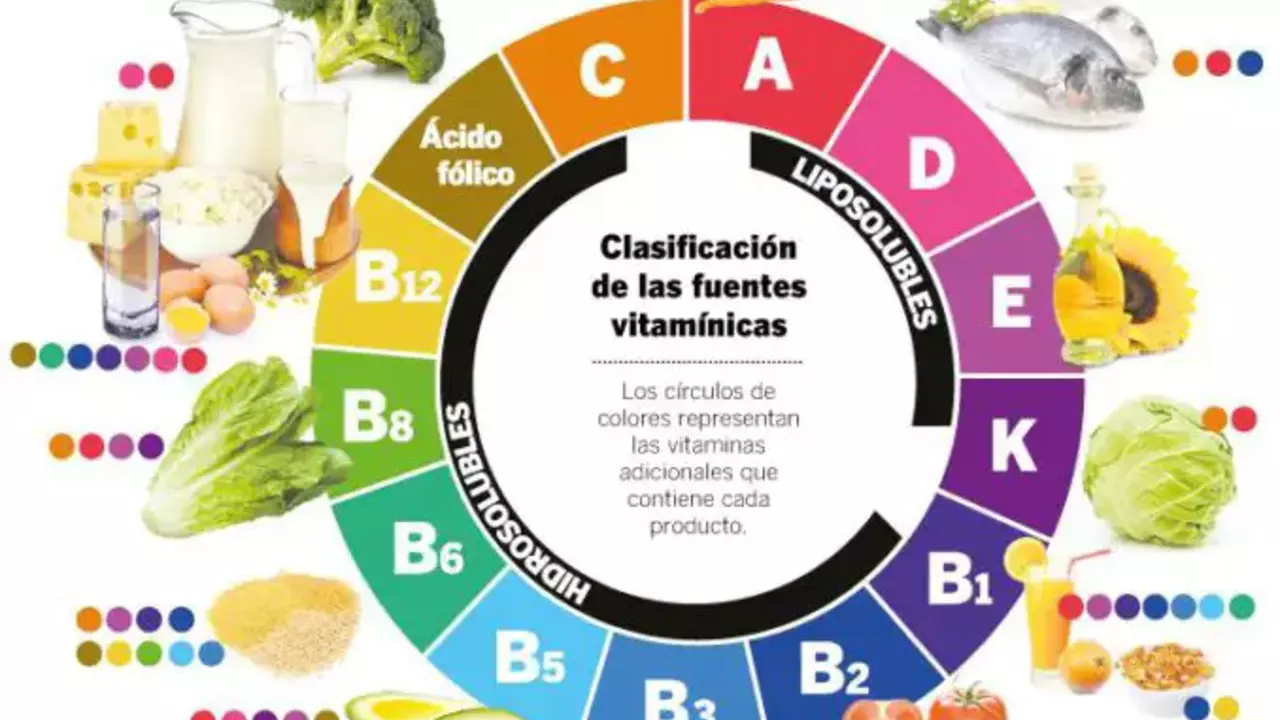Nutrient Impact: Simple Ways Food Shapes Your Health
Ever wonder why a banana can lift your mood while a sugary snack sends you crashing? It’s all about how nutrients hit your body. When you eat, vitamins, minerals, proteins and fats start tiny reactions that power muscles, calm nerves, and even guide how drugs work in your system.
How Nutrients Influence Your Body
First off, think of each nutrient as a tool. Vitamin C is the rust remover for cells – it helps repair damage and keeps the immune squad ready. Iron is the delivery truck that carries oxygen to every tissue, so low iron feels like running on empty.
Minerals matter too. Calcium isn’t just about strong bones; it also signals nerves when you need a muscle twitch. Magnesium calms the nervous system, which is why a magnesium‑rich snack can ease a restless night.
Protein gives the building blocks for skin, hair and enzymes that break down food. Without enough protein, your body struggles to make new cells, and recovery from exercise slows down.
The mix of fats decides how well you absorb fat‑soluble vitamins like A, D, E and K. Skip healthy fats, and even a perfect diet can leave gaps in vitamin uptake.
Tips to Maximize Nutrient Benefits
1. Pair foods wisely – Vitamin C boosts iron absorption, so toss some bell peppers into your spinach salad.
2. Spread meals out – Your gut absorbs nutrients best when you don’t overload it. Small, balanced meals keep the digestive system humming.
3. Watch medication timing – Some drugs bind to calcium or iron and become less effective. Take those meds at least two hours apart from dairy or supplements.
4. Choose whole over processed – Whole grains keep fiber intact, which slows sugar spikes and helps minerals stay available longer.
5. Stay hydrated – Water moves nutrients through your bloodstream. Even mild dehydration can make you feel sluggish and affect nutrient transport.
Remember, the impact of nutrients isn’t just about big numbers on a label. It’s how they work together in real life. By mixing colors on your plate, timing meals with meds, and listening to what your body tells you, you get the most out of every bite.
After digging into the topic, it's become clear that there's a significant connection between Vitamin D deficiency and Fibromyalgia. Several studies suggest that people suffering from Fibromyalgia often have low levels of Vitamin D, which may contribute to their pain and fatigue. It’s also been found that supplementing with Vitamin D can alleviate some symptoms. However, more research is needed to fully understand the role of Vitamin D in fibromyalgia management. Always remember to consult with your healthcare provider before starting any new supplements.
Jul, 26 2023

